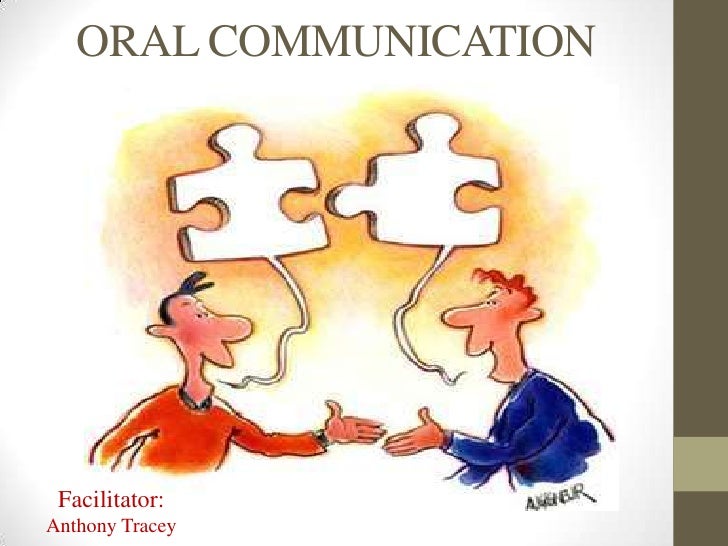Oral Communication
Without voice, and hearing for that matter, the world would not be anything close to what we know today. One of the first major ways of communication we as humans innately begin to develop and build upon is our voice...or at least our ability to produce noises. Sound is such a primal and useful mode of communication and I would even say it's nearly essential. The reason I have been convinced it is not essential, however, is because we have many successful and accomplished mutes and deaf folks. As a result, we as educators need to know how to handle oral communication as it is a powerful tool, but also needs to be differentiated and modified in some circumstances. I have spoken many times about how beneficial I find learning tools such as small group discussions, video lectures, audiobooks, and even podcasts. The ability to share your thoughts through communication, listen at your own pace, and replay unheard or misunderstood content are all some major reasons why I love utilizing each of these tools. Additionally the three resources I will be reviewing, deal with a lot of these concepts. My favourite oral communication resources would have to be the podcast app on iPhones (anywhere you listen to podcasts really), Audible and Ted.com.

The first resource I'd like to discuss is the podcast app or essentially, podcasts in general. In my PLC response for the week about podcasts, I mentioned my excitement, as I have been listening to podcasts for around 13 years. My very first being a Harry Potter related podcast when I was around 10 years old, now to science and sports-related podcasts that I currently listen to daily. Podcasts are amazing because they are generally just people having a candid conversation; they are relatable, palatable, interesting and almost subliminal in that you sometimes enjoy it so much, you forget you're taking in information. They are, in my opinion, a great supplement but not substitute for conversation and discussion. When thinking about the classroom and podcasts, it is fairly obvious that they can be interchangeable with any text you would have assigned or content-based material. The curriculum states that students must be able to "listen in order to understand and respond appropriately in a variety of situations for a variety of purposes" (pg.9). Therefore, I would suggest a podcast be used as a form of content to learn and understand, and then have a classroom activity (discussion, worksheet, game, quiz) based on the concepts you hoped they grasp from listening.
| My favourite podcast, the Steve Dangle (Maple Leafs) podcast(Linked in picture) |
My final resource for oral communication is Ted.com. Grade 9 or 10 was probably the first time I saw a Ted Talk and I was immediately amazed. I was not blown away with the production, the sound or even the look. But I was impressed with the presenter and how they used all of it in combination to present (orally) a message that I would have found bland in many other forms. It was during this Ted Talk that I truly realized how important oral communication is for learning. It doesn't always matter what you're talking about, but more so how you talk about it and how you can make it engaging. Can you add voice and sound effects, can you add a video or visual elements, or even combine a couple of different strategies. Ted Talks do a great job of not only providing audio for students to listen to and absorb but also exemplifies how to "use speaking skills and strategies appropriately to communicate with different audiences for a variety of purposes" (pg.9).
In conclusion, oral communication is a vital part of making life and learning easier. As a result, educators need to understand the importance of taking it seriously when lesson planning. Developing a child's oral communication skills, won't just make them a better presenter or a better language arts student, it will set them up for success in life. Communication is paramount in building and maintaining relationships, and when done so orally, allows for even greater potential connections. That being said it is not the be-all and end-all of communication. As this is my final blog post, I hope you can see the connection between all of the blogs and how when utilizing each topic and skill discussed, each resource can lead to a better work, school and social life.
Comments
Post a Comment